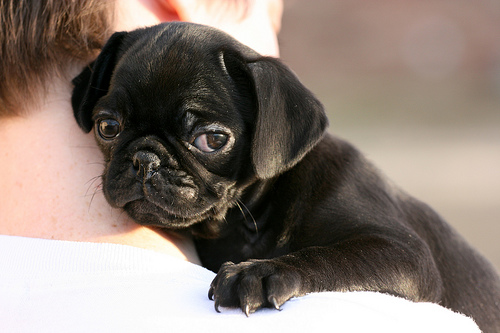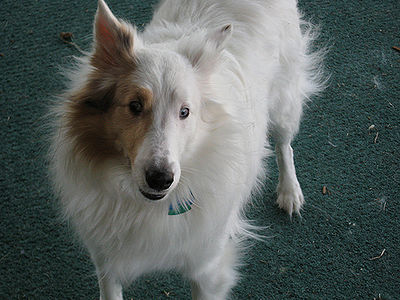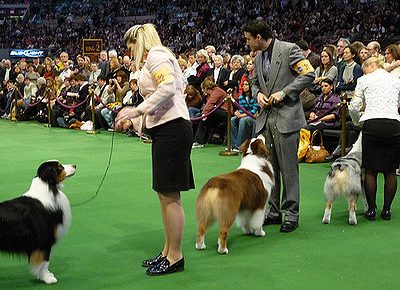
How do I choose a Dog?
The first thing you should do is ask yourself some questions? Will the dog’s temperament match my lifestyle? Do I want a purebred or a mixed breed? Do I want a puppy or an older dog? What kind of dog is suitable for children? What size dog do I want? Female or male? Can I afford to take care of a dog?
These are just some questions to ask before you consider owning a dog. Once the decision is made, consider checking the ASPCA or other shelters to rescue a dog. If you decide on a purebred, check out the breeder to be sure he is reliable and responsible and takes good care of his dogs. There are also purebreed rescue organizations that you should consider researching. It’s a good idea to visit the kennel before purchasing. Or perhaps seek the advice of a professional.
What do I do when my dog comes home?
Even before you bring your pet home, check the house to make sure the dog can’t hurt itself on anything lying around. Dogs like to chew and they don’t know that there are things that can harm them like wires. Puppies can also fall down stairs and injure themselves, so putting up guards is a good idea. There are some essentials you should purchase before your pet comes home. Of course you need a leash and collar or better yet, a harness which puts less stress on the neck and is safer. The type depends on the size of the dog. Puppies (and adult dogs too) don’t need choke chains which could damage their necks. The collar fits correctly if you can slide your fingers underneath it. When purchasing a bed for your dog, be sure that it is safe if the dog chews on it. Whatever you choose, bedding should have a removable, washable cover. Place the bed in a warm area in winter and cooler area in summer. If you keep your dog outside, there are different size kennels available. Be sure the sleeping area is protected and there is a place for waste to drain. If you prefer a dog house in your fenced -in yard, there are many sizes and types available suitable for the kind of dog you have. There are also smaller kennels for indoors when housebreaking your dog or as a secure resting place for your new pet, or if you have to be away from home for long periods. You will need a food dish and a separate water dish. I prefer the metal dishes, but you can choose what you like as long as they are non-toxic. Your dog needs toys to entertain it and prevent it chewing on things it shouldn’t. Never give your dog a small ball or children’s plastic toys to play with. Best to give them toys specifically made for dogs. Pet shops have a wide variety of toys for every size dog. You will need food for your dog. There are many to choose from including for puppies, adults and senior dogs. At first, you might want to purchase food from the kennel where you got your dog. This makes the transition to your house easier. You can always change to something else gradually. I prefer to cook my own dog food and add a bit of kibble, but there are good quality dog foods on the market as well. You probably want to play with and cuddle your puppy/dog when you take it home. Your puppy/dog will be a little disoriented by its new surroundings, so best to be gentle and let it rest or explore if it wants to. Take your dog outside when you get home so it can relieve itself. This can be the beginning of toilet training. Be sure to take your puppy/dog to the vet as soon as possible to check its health and to give it any vaccinations it may need at the time.
Training your dog takes time and patience. Never, never, never strike your dog. Your dog will only learn fear, not acceptable behavior. I believe in firm but gentle training. My gurus are Dr. Patricia B. McConnell, animal behaviorist, Turid Rugaas, exceptional trainer and last but not least my vet, Dr. Doni, with some common sense thrown in for good measure. I’ve purchased their books, followed their advice and it has worked for me. There are many training classes available but before you choose one, why not visit it without your dog and watch the methods used. Whoever you choose to guide you in training your puppy/dog, be consistent, be firm but kind, be patient. You will be rewarded with a dog that is a well-behaved, devoted, loving companion.
And please remember this: there may not be a dog out there that fits all your requirements, but dogs are eager to learn and to please their humans and there is nothing else that will give you that feel good feeling than adopting a dog who needs a loving home.



